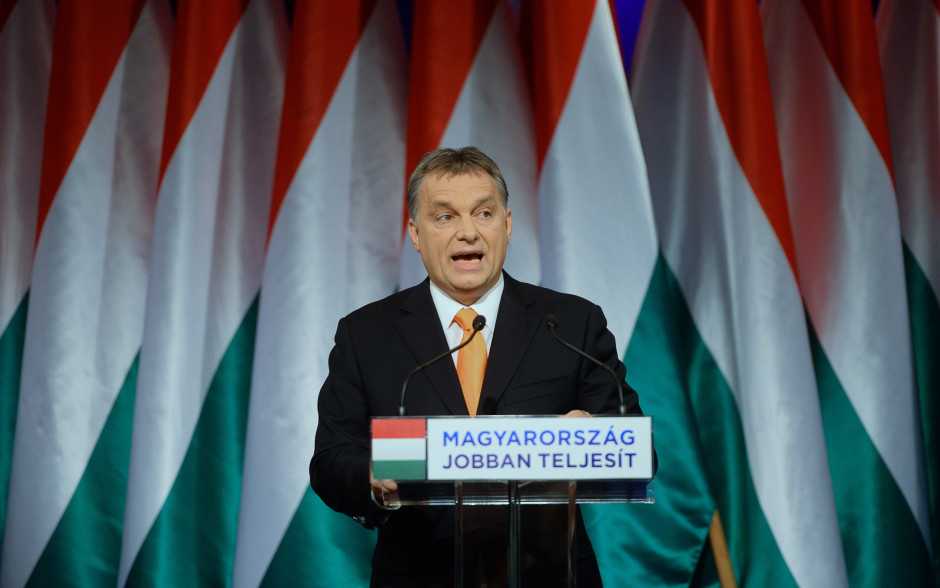It is sickening and disheartening that European governments and individuals collaborated with Nazi Germany in the mass murder of Jews during the Holocaust.
But it is downright revolting that collaborators with blood on their hands are still being honored by their native lands.
This adds insult to injury.
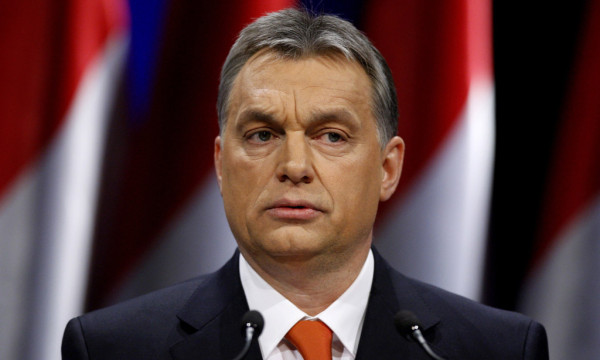
The problem is exemplified by two recent incidents.
In Hungary — a nation whose leaders played an active role in the deportation of more than 400,000 Jews to Nazi extermination camps in Poland — the right-of-center Hungarian government of Prime Minister Viktor Orban archly ignored Jewish community protests to cancel a ceremony to unveil a statue of Gyorgy Donath.
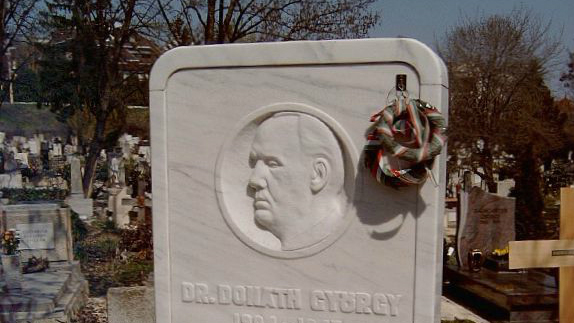
Donath, a member of parliament, supported anti-Jewish legislation enacted by the Hungarian regime from 1939 onwards. These laws marginalized, isolated and impoverished Jews and set the stage for Hungary’s collaboration with Germany in the deportation of its Jewish citizens to Auschwitz-Birkenau in 1944.
Hungary was the last Nazi-occupied country to deport Jews, but once the decision was made, there was no turning back. In a mere matter of months, Hungarian Jewry was virtually decimated. Hungarian leaders halted the deportations only out of concern that they would be severely punished by the Allies after the war.
Donath, however, did not escape justice. He was hanged in 1947 on charges of treason.
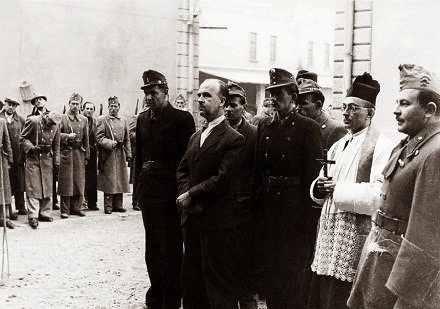
Mazsihisz, the umbrella organization that represents Hungarian Jews today, urged government officials to boycott the event in honor of Donath, but they chose to ignore the plea.
Only a few months earlier, Orban did the right thing by cancelling plans to honor Balint Homan, a government minister who supported the antisemitic laws that Donath endorsed. A monument designed to burnish Homan’s legacy was to have been erected, but Orban wisely thought the better of it and nipped the idea in the bud.
In Holland, meanwhile, a major Jewish organization has called on Amsterdam to rename a street which bears the name of a Nazi collaborator. Piet Mijksenaar, a Dutch citizen, participated in the deportation of Dutch Jews from Amsterdam’s Asterdorp district, according to historian Stephan Steinmetz.
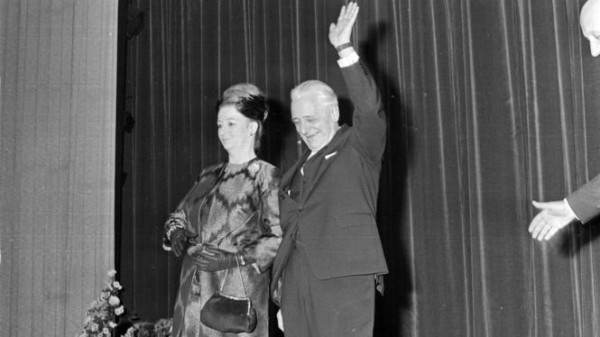
Three decades ago, when his wartime record was still shrouded in secrecy, Amsterdam honored Mijksenaar — a senior civil servant in the municipality — by naming a street after him.
Now that his misdeeds have been uncovered, Amsterdam is morally obliged to delete his name from the street sign. Nothhing less will do.
Let Amsterdam follow the example of Allseas, a Dutch maritime company which named a ship after Pieter Schelte, an SS officer, but which removed his name under pressure.
Much of Europe still lies in the shadow of pro-German regimes that did the Nazis’ bidding in the destruction of European Jewish communities. The least European nations can do now is to ensure that old or deceased fascists and antisemites are not honored for their crimes against humanity.
